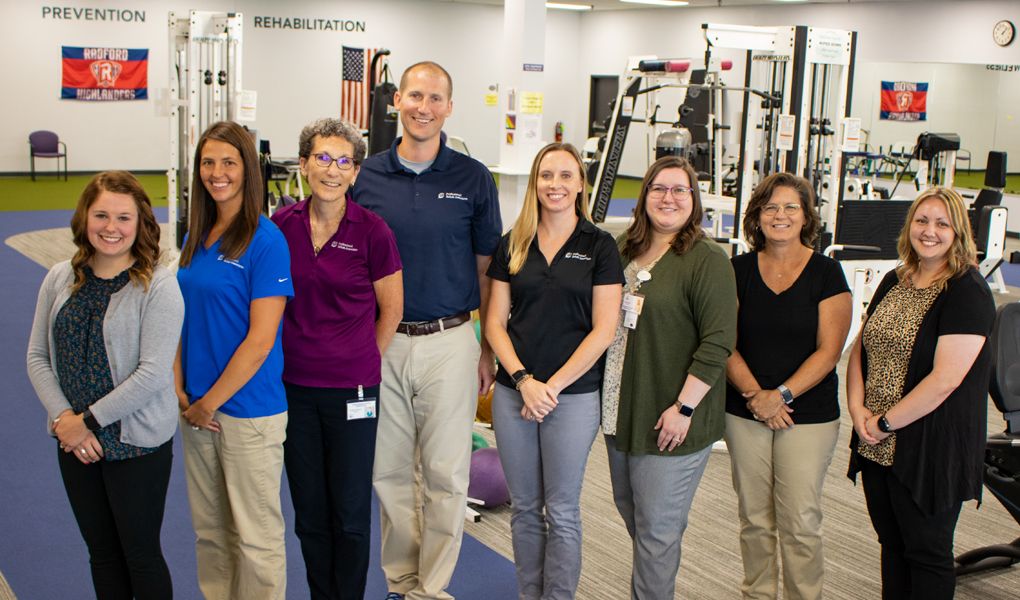Empowering Patients Via Psychosocial Assistance in Cardiovascular Rehabilitation Initiatives.
Wiki Article
Cardio-pulmonary rehab programs are created to assist patients with cardiac and pulmonary conditions enhance their well-being and quality of living. These programs often consist of exercise exercise, instruction about cardiac and pulmonary well-being, and support for making lifestyle changes. Nonetheless, one crucial aspect that is occasionally neglected is the role of emotional assistance. Emotional support refers to the emotional and social help that patients receive during their recovery journey. This support can empower individuals, boost their confidence, and assist them navigate the obstacles that come with long-term medical issues.

Individuals in cardiac and pulmonary rehabilitation often face various psychological and emotional difficulties. Feelings of nervousness, sadness, and isolation can be prevalent. These emotions may stem from the stress of confronting with a significant health issue or the concern of future health issues. Emotional support can aid tackle these emotions by providing patients with a secure environment to talk about their worries and bond with others who comprehend what they are going through. Collective counseling sessions and one-on-one therapy can be effective ways to facilitate this support. By engaging with professionals and others, individuals can acquire coping techniques and find support from peers who share similar challenges.
Integrating psychosocial assistance into cardiopulmonary rehab initiatives can why not try this out lead to better health outcomes for individuals. Research show that when patients receive psychosocial assistance, read they are more likely to stick to their recovery plans, follow to medication, and make necessary lifestyle choices modifications. This involvement can lead to enhanced health health, reduced hospitalizations, and an entire improved standard of life. Assistance groups can encourage motivation and accountability, assisting patients stay dedicated to their rehabilitation goals. This collaborative approach highlights the importance of considering both bodily and emotional health in the rehabilitation journey.
Teachers and healthcare professionals play a crucial part in offering emotional support within these initiatives. They can assist patients understand the significance of emotional well-being in their rehabilitation process. By establishing an environment of compassion and support, medical professionals can promote open communication about feelings and concerns. Educating staff in interpersonal techniques and emotional assistance strategies can improve the general patient journey. Furthermore, incorporating instruction about anxiety reduction, relaxation techniques, and healthy coping strategies can empower individuals to assume an active role in their mental well-being.
To summarize, empowering patients through emotional assistance in cardiac and pulmonary rehabilitation initiatives is crucial for encouraging holistic rehabilitation. By acknowledging the psychological and community dimensions of recovery, healthcare providers can establish a more nurturing atmosphere that addresses the requirements of the entire individual. Individuals who receive this holistic care are more likely to achieve their health goals and improve their overall quality of life. The integration of psychosocial assistance into recovery initiatives not only improves the patient journey but also leads to improved long-term health outcomes.